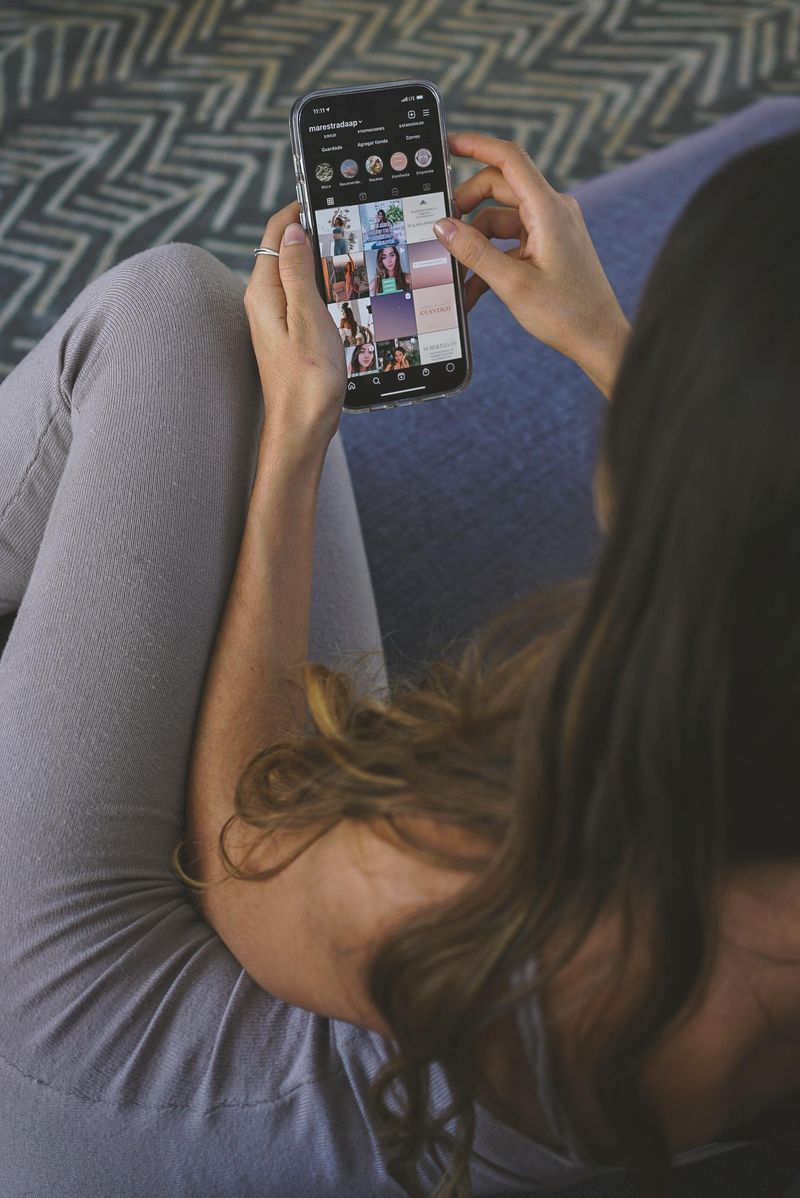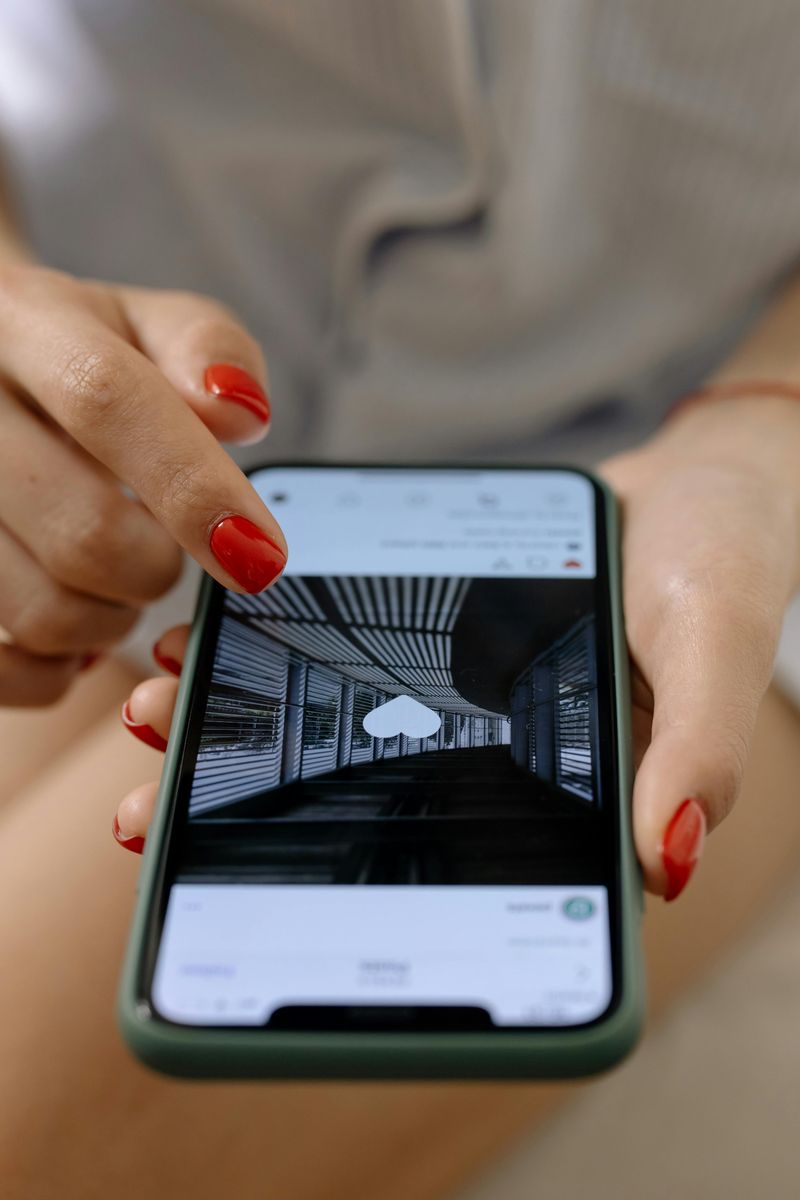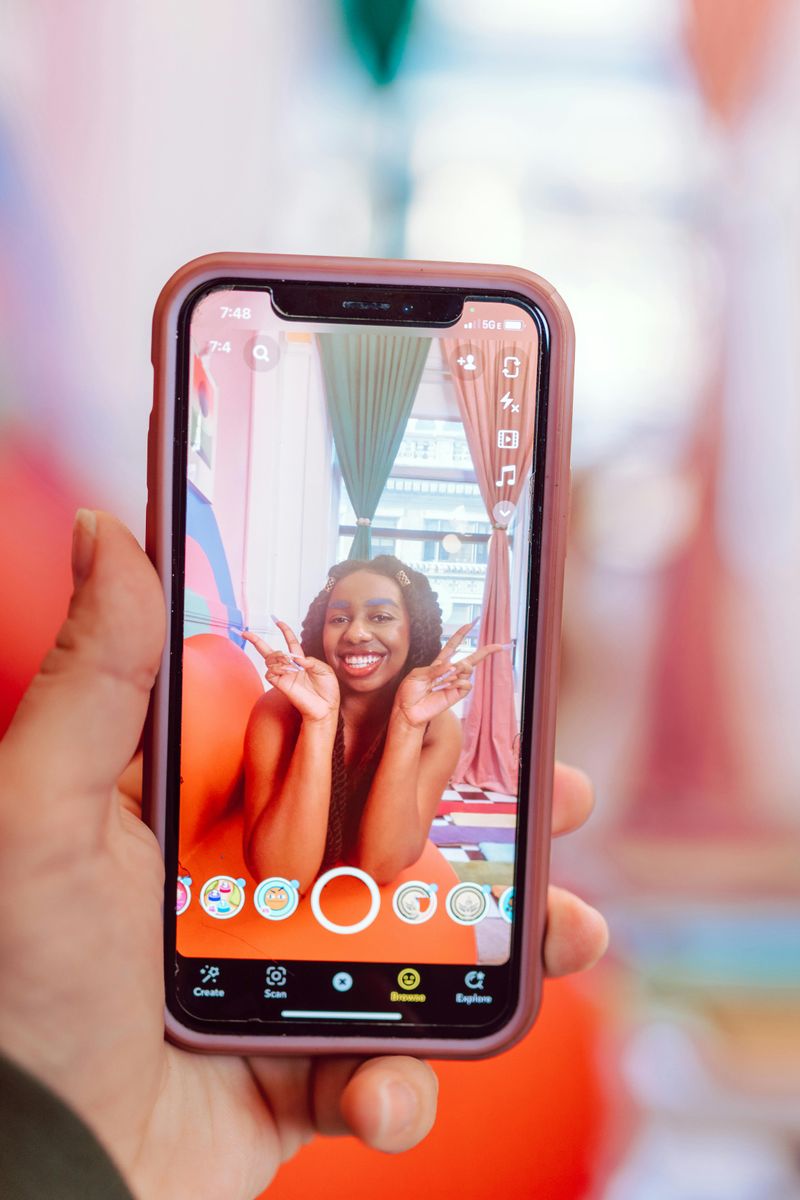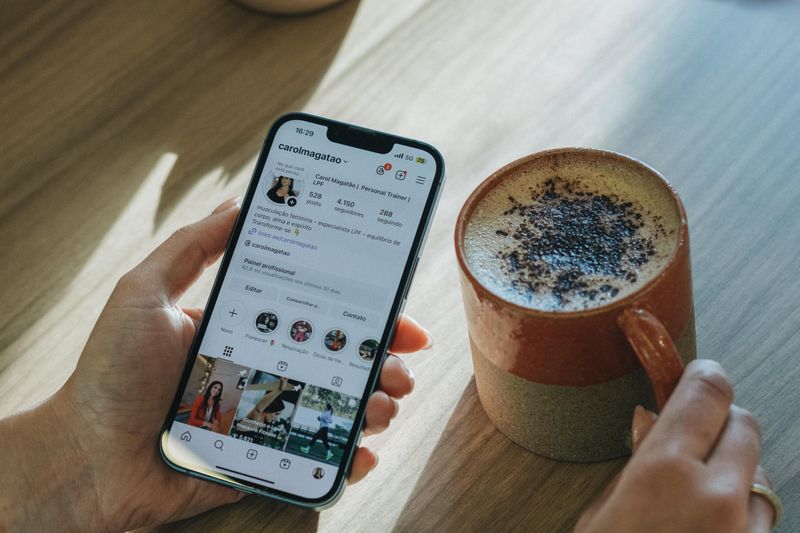8 Subtle Ways Social Media is Ruining Your Self-Worth

Social media has become an everyday part of our lives, but its effects aren’t always positive. Behind the cute photos and funny videos lurks a darker side that can slowly chip away at how we see ourselves. Many of us don’t even notice these harmful patterns until they’ve already affected our self-image. Let’s look at eight sneaky ways social platforms might be hurting your self-worth without you realizing it.
1. Constant Comparison Trap

Every scroll through your feed exposes you to highlight reels of vacations, promotions, and picture-perfect families. Your brain starts making unfair comparisons before you even realize it’s happening.
The real problem? You’re comparing your behind-the-scenes to everyone else’s carefully directed movie. Those smiling photos don’t show the arguments, stress, or twenty takes it took to get that ‘casual’ shot.
Most people only share their wins, not their struggles. Remember this next time you feel inadequate while browsing Instagram—what you’re seeing is a tiny, polished fraction of reality, not the messy truth of someone’s actual life.
2. Validation Addiction

The dopamine hit feels good—until it doesn’t come. Suddenly, sharing personal achievements or thoughts becomes a nerve-wracking experience as you anxiously await approval.
Your worth isn’t measured in hearts, thumbs-up icons, or comment counts. Yet social platforms have rewired our brains to crave this digital validation, making us question our value when a post underperforms.
The most concerning part? This addiction happens gradually. You might not notice you’re checking your phone every few minutes after posting or feeling genuinely upset when your content doesn’t get the engagement you hoped for.
3. Filtered Reality

Face-altering filters have become so common that many people feel uncomfortable posting unedited photos. What began as fun puppy ears has evolved into subtle changes to eye size, skin texture, and facial structure.
The shocking truth is that many ‘natural’ photos you admire have been tweaked with apps that smooth skin, whiten teeth, or slim waists. When you compare yourself to these enhanced images, you’re chasing an impossible standard that even the person in the photo doesn’t actually look like.
Young people are increasingly bringing filtered selfies to plastic surgeons, requesting procedures to match their digital selves. This disturbing trend shows how deeply these artificial standards have warped our perception of normal appearance.
4. FOMO (Fear of Missing Out)

That sinking feeling in your stomach when you see friends at a party you weren’t invited to? That’s FOMO, and social media has supercharged it. Before these platforms, you might never have known about half the events happening without you.
FOMO creates a persistent background anxiety that your life isn’t exciting enough. Even when you’re doing something enjoyable, you might wonder if you should be somewhere else instead. This constant questioning undermines contentment with your own choices.
What’s rarely discussed is how FOMO can lead to financial strain too. People often overspend on experiences they can’t afford simply to create social-worthy content, further damaging their well-being when the bills arrive.
5. Reduced Presence

Hours vanish into the endless scroll, stealing time from activities that actually build real confidence and joy. The average person spends over two hours daily on social platforms—that’s a month of waking hours each year!
While scrolling, you’re physically present but mentally elsewhere. Family dinners, sunset walks, and conversations with friends become background noise to the digital world. These moments of connection are exactly what build genuine self-worth.
The irony? People photograph beautiful moments to share online but miss truly experiencing them. Next time you’re watching a stunning sunset, notice how many people are viewing it through their phone screens instead of with their own eyes.
6. Toxic Comparison in Achievements

LinkedIn announcements about promotions. Facebook updates about home purchases. Instagram posts flaunting graduate degrees. Social media transforms personal milestones into public competitions without context about the struggles behind them.
Someone’s new job announcement doesn’t show the 50 rejections they received first. The home purchase doesn’t reveal the family loan that made the down payment possible. Success rarely follows the straight line that curated posts suggest.
Your timeline becomes a highlight reel of others’ achievements while you experience both the highs and lows of your own journey. This creates a skewed perception that you’re falling behind when you’re simply witnessing different chapters of different stories.
7. Cyberbullying & Subtle Negativity

Sometimes it’s the passive-aggressive comment on your weight change, the backhanded compliment on your new hairstyle, or simply being left out of a group photo’s tags.
These micro-aggressions might seem minor individually, but they accumulate like drops of water slowly eroding stone. Research shows that even witnesses to online negativity experience decreased well-being, not just direct targets.
The comment sections of even innocent posts can become battlegrounds of judgment. Many people report deleting posts not because they changed their minds about the content, but because they couldn’t handle the unexpected criticism or conflict that followed sharing something personal.
8. Chasing an Online Identity

Many of us create a slightly different version of ourselves online—perhaps more outspoken, adventurous, or polished than our day-to-day reality. This digital persona requires constant maintenance and performance.
The gap between your online and offline self creates cognitive dissonance. When friends who know you through social media expect the curated version they’ve seen online, meeting them in person can trigger anxiety about not living up to your own hype.
Maintaining separate identities is exhausting. People report feeling like they’re living double lives—carefully crafting content for their followers while struggling with ordinary human challenges they never share. This split creates internal pressure and erodes authentic self-acceptance.

Comments
Loading…